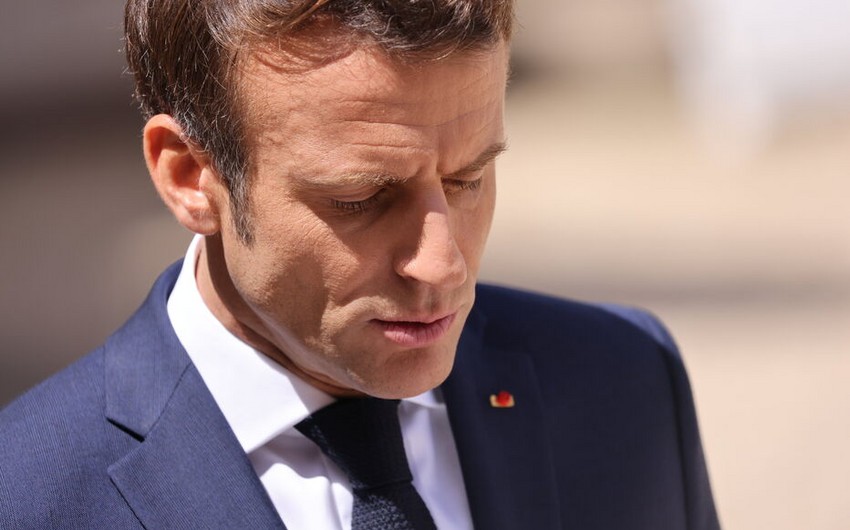One year after Le Monde and its partners' revelations about Uber's lobbying, French lawmakers condemned the authorities' weakness and Emmanuel Macron's complacency in a report published on Tuesday, Report informs, citing French media.
It all started with the leak of 120,000 documents transmitted by Mark MacGann, an Uber lobbyist in Europe from 2014 to 2016 to the British daily The Guardian. These documents, published by Le Monde employees and the media from the International Consortium of Investigative Journalists (CIJI) during the summer of 2022, reveal how the Uber company allegedly circumvented the laws to impose itself on taxis. They also ure that the company would have established a close relationship with Emmanuel Macron, when he was Minister of the Economy.
In charge of markets in Europe, Africa, and the Middle East, Mark MacGann, 52, had a key role in the links that are denounced between the VTC platform and politicians.
The investigation concluded that there was of a “secret deal” between the company and Emmanuel Macron when he was François Hollande’s Minister of Economy. In 2014, Uber, which sought to establish itself in France, came up against the mistrust of the government. At the time, the VTC platform was touting its “UberPop” service, which was to allow everyone to become a VTC driver without a license. Competition deemed unfair by taxis.
The parliamentary report indicates that in October 2014, Emmanuel Macron had met with four leaders of the American company. Meetings, calls and SMS… the exchanges continued for eighteen months during which Uber would have used the influence of the minister each time the company faced breaks.
During this “deal”, Macron proposed a “drastic” simplification of the conditions necessary to obtain a VTC license in exchange for the suspension of the UberPop service. Thus, as early as 2016, the government drastically reduced the training time for drivers, dropping from 250 hours to just 7 hours. “A great manipulation operation”, castigates the parliamentary report. These contacts would have continued between 2018 and 2022.
Conclusions, published on Franceinfo this Tuesday, are edifying: while it was illegal, “Uber found allies at the highest level of the State… The intensity of the contacts between Uber, Emmanuel Macron and his cabinet testifies to a relationship opaque, but privileged, and reveals the inability of our system to measure and prevent the influence of private interests on public decision-making”.


 https://static.report.az/photo/f21ced9c-d0e1-309f-bb8c-a5fa7178f52f.jpg
https://static.report.az/photo/f21ced9c-d0e1-309f-bb8c-a5fa7178f52f.jpg

